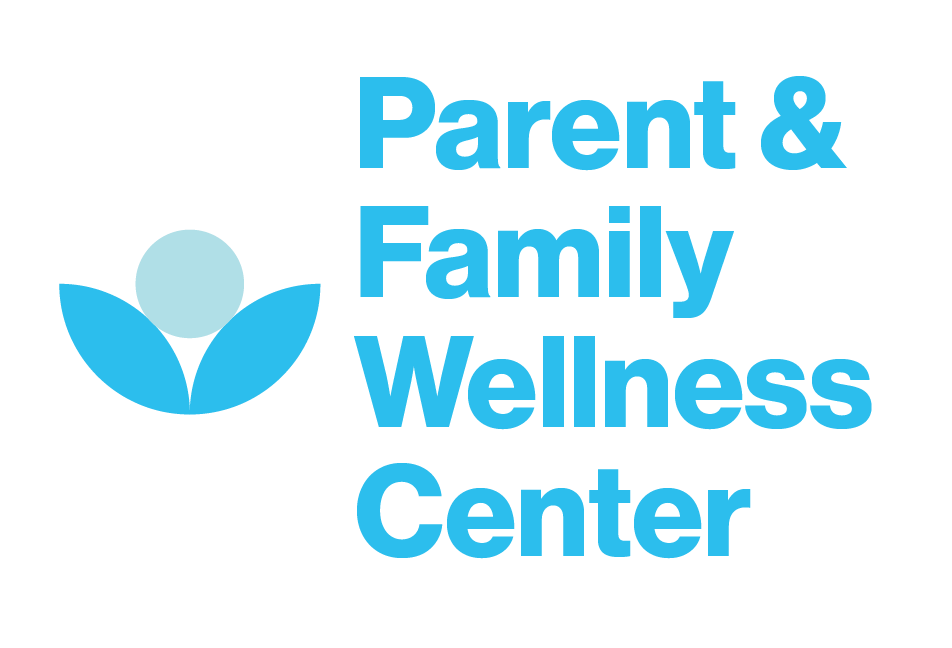A Holistic Treatment Approach to ADHD
It’s estimated that over 6 million children are afflicted with Attention Deficit Hyperactivity Disorder, or ADHD, of which 40-60% may continue to suffer from it into adulthood. It is often missed in girls, and recently adult women are more commonly being diagnosed with it. This may be because perimenopausal hormonal decline worsens ADHD neurochemistry – just when many women find themselves juggling more responsibilities than ever. ADHD can look like anxiety and may be misdiagnosed as such. Additionally, it is highly heritable and runs in families.
Even though ADHD is a common mental health disorder (particularly in kids), that doesn’t mean it’s always easy to treat. Some may not do well on stimulant medications while others have difficulty adapting to new lifestyle or school habits. It can be an overwhelming and frustrating process for many parents and children as well as adult patients as a one-size-fits-all solution doesn’t exist.
This is why a holistic, natural medicine approach can complement, or at times, replace, traditional western therapeutics.
How? Let’s take a look…
In-Depth Testing
In general, isn’t it interesting that we have very little medical assessment for a concrete diagnosis of ADHD? It is certainly more of a subjective conclusion, albeit one that many primary care doctors are well-versed on.
But diving deeper into an individual’s symptoms and contributing factors is possible - and that goes beyond the typical questionnaire.
A neuropsychiatric evaluation consists of cognitive testing and interviews that help identify areas of deficits as well as strengths. Done by a licensed clinical psychologist or neuropsychologist, this in-depth testing can save parents and patients time, money, and frustration long-term.
In addition, urine, hair, and/or blood testing can analyze nutrients (such as zinc) and amino acid building blocks for neurotransmitters (like dopamine). Deficiencies in either of these areas can cause everything from a sugar addiction to the inability to relax (or even sleep!) which means addressing these shortages can make way for significant progress.
Individualized Treatment
Thanks to comprehensive test results, a personalized therapy plan can be put in place that supports an individual’s unique needs.
As a foundation, it’s important to assess basic areas of health such as:
sleep (sometimes a prominent disfunction for those with ADHD)
digestion
blood sugar dysregulation
mood/relationships
And treat accordingly in such ways as:
strategies and supplements to support healthy body functions and rhythms
supplements to boost specific nutrient levels when indicated
dietary support with increased nutritional content
modifications in parenting and overall lifestyle
It’s key to work with a professional who understands the nuances of needs, the variety of options to target them, and how it can all be monitored safely.
Conscious Choices
It’s not easy to live with ADHD nor to parent a child with it. What may come effortlessly to those who don’t deal with the disorder can seem monumental for those who do. And it can leave anyone feeling irritable and exhausted.
But mindful choices due to awareness of ADHD can create healthier relationships and a brighter future.
For example, the way a child with ADHD is parented can make a big impact on whether certain aspects of the disorder continue on to adulthood or are outgrown/overcome with time. This is because the frontal lobe can mature more appropriately if the nervous system isn’t always revved up, meaning a child’s symptoms may decrease as they age given the right environment.
To that end, try creating a low-stress environment with plenty of time for rest in ways such as:
reprioritizing and lowering high expectations
letting go of constant reminders
stepping away quietly to regroup when necessary
reducing/monitoring exposure to electronics
creating a relaxing sleep routine
engaging in creative & stimulating yet calming activities such as art, cooking, music, or nature exploration
Working with a parenting coach specializing in ADHD can be a helpful option to many who desire support and ideas.
These recommendations can be relevant to all ages suffering from ADHD – adults with persisting ADHD can find it difficult to maintain relationships, encounter job challenges, and struggle with various addictions.
Even though ADHD can be a struggle throughout life, resources and tools exist that can support a child, parent, and adult in leading a healthy and happy life. A holistic approach is available and can make all the difference in turning frustration into fulfillment.
This article was written by PWCB provider Meghan Van Vleet, ND. Megan is a naturopathic doctor with a general family practice and a focus on maternal mental health. For more information about her private practice, please visit https://www.harmonyfamilymed.com.

